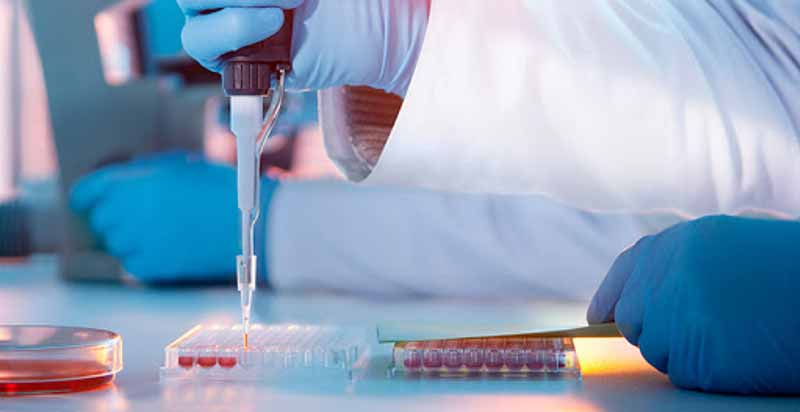Peptide therapy is gaining popularity across the United States as more people search for safe and effective ways to improve their overall health. But what exactly are the benefits of peptide therapy? Let’s take a closer look.
What Are Peptides?
Peptides are short chains of amino acids, often referred to as the building blocks of proteins. Because they are smaller and more easily absorbed than whole proteins, peptides can enter the bloodstream more efficiently. You can obtain peptides naturally through foods such as meats, beans, lentils, soy, and oats.
Peptide Therapy and Its Role in Health
Peptides are critical in many biological functions, including tissue repair, immune regulation, metabolism, and healthy aging. With proper medical guidance, peptide therapy may support muscle growth, enhance recovery, improve skin health, and promote overall wellness and today it is easier than ever to buy peptides online.
Supplementing with Bioactive Peptides
Some bioactive peptides may be taken as supplements to support health. The effects of a peptide depend on its amino acid sequence, with collagen peptides known for supporting skin and anti-aging, and creatine peptides often linked to strength and muscle support.
Other potential benefits of bioactive peptides include:
- Supporting immune function
- Antimicrobial properties
- Reducing oxidative stress
Helping regulate blood pressure - Supporting healthy blood circulation
What Are the Potential Benefits of Peptide Therapy?
1. May Support Fat Loss While Building Muscle Mass
Certain peptides may help the body burn fat while promoting lean muscle growth. They can stimulate growth hormone production, which plays an important role in muscle development. When combined with exercise, peptide therapy may enhance athletic performance and recovery.
2. May Help Reduce Visible Signs of Aging
Peptides can support skin elasticity and hydration by encouraging collagen and elastin production. This may help reduce wrinkles, keep skin firm, and protect against age-related changes such as bone loss. Some peptides are specifically studied for their anti-aging effects and ability to improve skin appearance.
3. May Improve Wound Healing and Joint Recovery
By boosting collagen and supporting tissue repair, peptides may aid in wound healing and joint recovery. They can also help reduce inflammation, which is beneficial for faster healing and reduced discomfort. Their antioxidant properties may further protect cells from damage.
4. Supports Skin Health
Peptides can strengthen the skin’s natural barrier, protecting against environmental stressors such as bacteria, pollution, and UV exposure. Their antimicrobial properties may also help with acne prevention and improve the skin’s defense system. Research is ongoing to better understand their role in conditions like eczema, rosacea, and psoriasis.
5. General Wellness Benefits
Peptides have been studied for a range of wellness benefits, including helping regulate blood pressure, supporting cardiovascular health, and improving immune response. They may also help reduce the risk of blood clot formation and promote faster recovery when the body is under stress.
6. May Help Reduce Severe Symptoms Linked to Viral Infections
Research suggests certain peptides may support the immune system and help the body respond more effectively to viral infections. Potential benefits include:
- Preventing viral replication: Making it harder for viruses to multiply in the body.
- Protecting tissues from damage: Supporting healthy cell turnover and protecting vital tissues from accelerated cell death.
- Regulating immune response: Helping the immune system fight infection without triggering harmful overreactions like cytokine storms.
These effects may help reduce the risk of severe illness and support a smoother recovery process.

